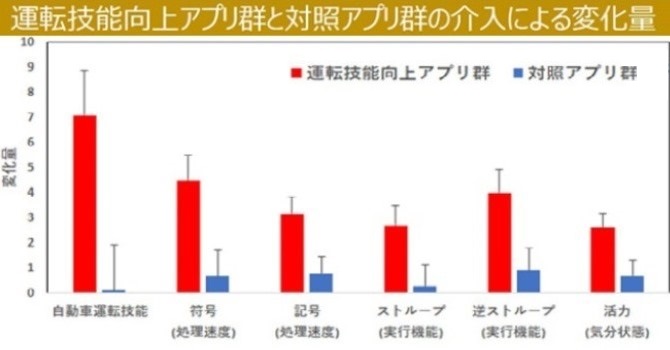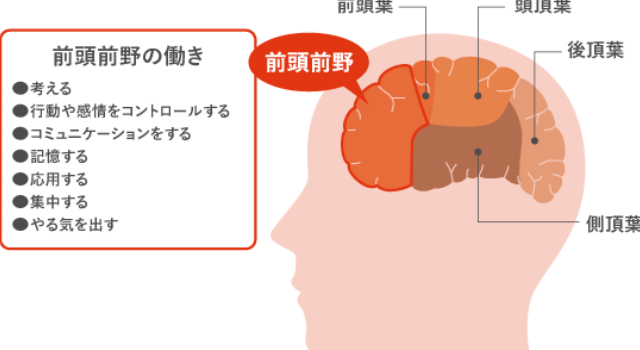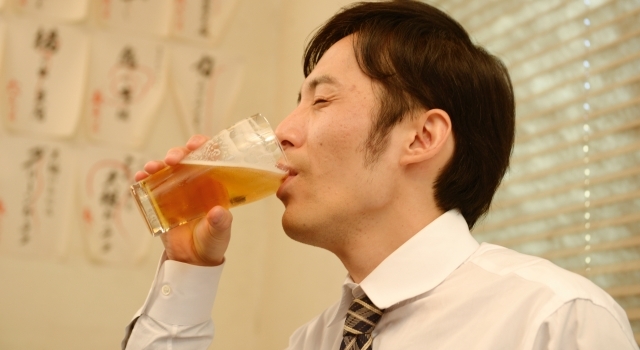In addition to projects conducted by Japan’s National Longevity Medical Research Center, other methods to improve the driving skills of elderly individuals have also been conducted by Tohoku University’s Institute of Development, Aging and Cancer (IDAC). Headed by Dr. Ryuta Kawashima, who has developed a driving skill training app that can be performed at home on a television, results have shown that cognitive function of elderlies can improve by performing brain training games, reading and calculation training, processing speed games and circuit exercise training.
A study was conducted with 60 elderly individuals divided into two groups with an average age of 72.4 years old. They were given questionnaires that covered areas such as their driving skills, cognitive function, emotional state and so forth, before and after their driving school training.
The results between the “driving skill improvement application group” who carried out the training app versus the “control application group” who only carried out other types of games, showed that the group who performed the training app had improved control ability and a more positive mood.
Since cognitive training can be done effortlessly at home, it is now easier for elderly drivers to use the training app as a tool to maintain and improve their driving skills, which in turn can help in the effort to reduce the number of traffic accidents involving elderly drivers.
The graph above shows the calculated amount of change by subtracting the score before the “training app intervention” from the score afterwards. The amount of change indicates that the higher the score, the better.









